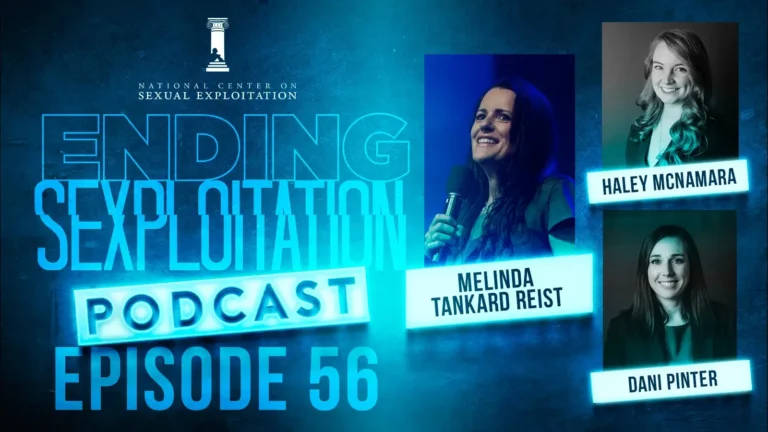The Daunting Task of Keeping Kids Safe Online
Many parents do their best to protect their children from accessing pornographic material online. However, considering the instant availability of violent, explicit content and regular creation of new apps and social media platforms that are gateways to pornography, how can parents stay ‘ahead of the curve’ when it comes to keeping their children safe online?
A 2020 survey of when children were exposed to pornography found that the majority of youth viewed explicit content by age 13, with some as young as seven. Most of the time, they came across it unintentionally. This can lead to very harmful consequences; in fact, studies show frequent pornography use in adolescents is linked to sexual violence, social isolation, poorer academic performance, and numerous other adverse effects.
Click here to read more about the issue of childhood exposure to pornography, and the documentaries exploring the issues, directed by Benjamin Nolot, founder of Exodus Cry.
The Device Filter Bill as a Solution
In 2021, Utah passed H.B. 72, the Device Filter Bill, making it the first state which requires smartphones and tablets to automatically turn on filters blocking sexually explicit material when the device is activated.
Filters are already built into the software of these products from companies such as Apple, Google, and Microsoft. It is a simple task for engineers to allow the devices to “default to safety” upon activation, alleviating the stress and confusion parents experience when searching for these hard-to-find filters on their own.
Under the Device Filter Bill, parents can rest assured knowing that the likelihood of their child coming across sexually explicit content online has been significantly reduced. The device filters, which would be activated in every device, can be easily turned off by an adult with a simple password change or toggle system.
Constitutionality of the Device Filter Bill
What differentiates the Device Filter Bill from previous attempts to prevent children from accessing pornographic content online is its constitutionality. In 2004, the Child Online Protection Act was struck down by the Supreme Court in Ashcroft v. ACLU on the basis that it violated the first amendment—the free speech clause of the First Amendment.
As an alternative, the Supreme Court suggested that utilizing filters on devices at the receiving end, instead of placing limits on the publishers of explicit material (as the Child Online Protection Act sought to do), met the requirements of the First Amendment.
Filters are less restrictive [because they] impose selective restrictions on speech at the receiving end, not universal restrictions at the source. Under a filtering regime, adults without children may gain access to speech they have a right to see without having to identify themselves or provide their credit card information. Even adults with children may obtain access to the same speech on the same terms simply by turning off the filter on their home computers. (Ashcroft. v. ACLU Supreme Court Opinion)
Gaining Momentum
Before the Device Filter bill can be enacted in Utah, it must be approved by 5 more state legislatures.
The National Center on Sexual Exploitation is working with leaders and legislators across the nation to increase the chances of meeting the goal of getting the bill passed in five more states. Target states for the 2023 state legislative session include: South Carolina, Tennessee, Montana, Louisiana, Alabama, Idaho, and Iowa.
Reviewed by numerous constitutional lawyers, this bill is the strongest legal and technologically practical approach to child safety on smart devices. It provides harm prevention for children, does not deny access to adults, and passes constitutional scrutiny.
If you are interested in passing a device filter bill or other online child safety legislation in your state, sign up below!
Written by Abigail Hills and Idalis Moscoso



